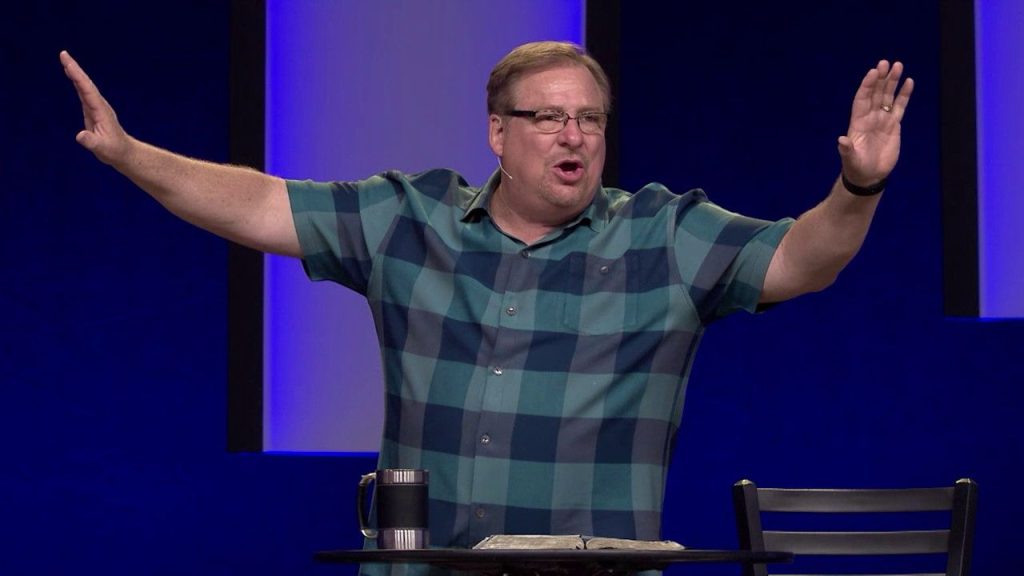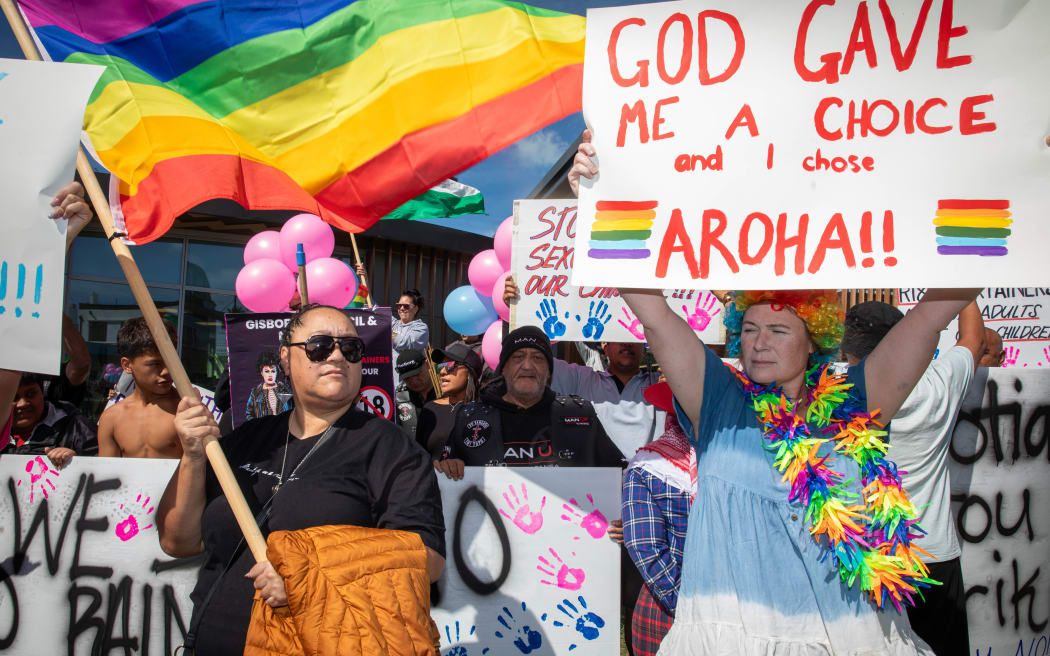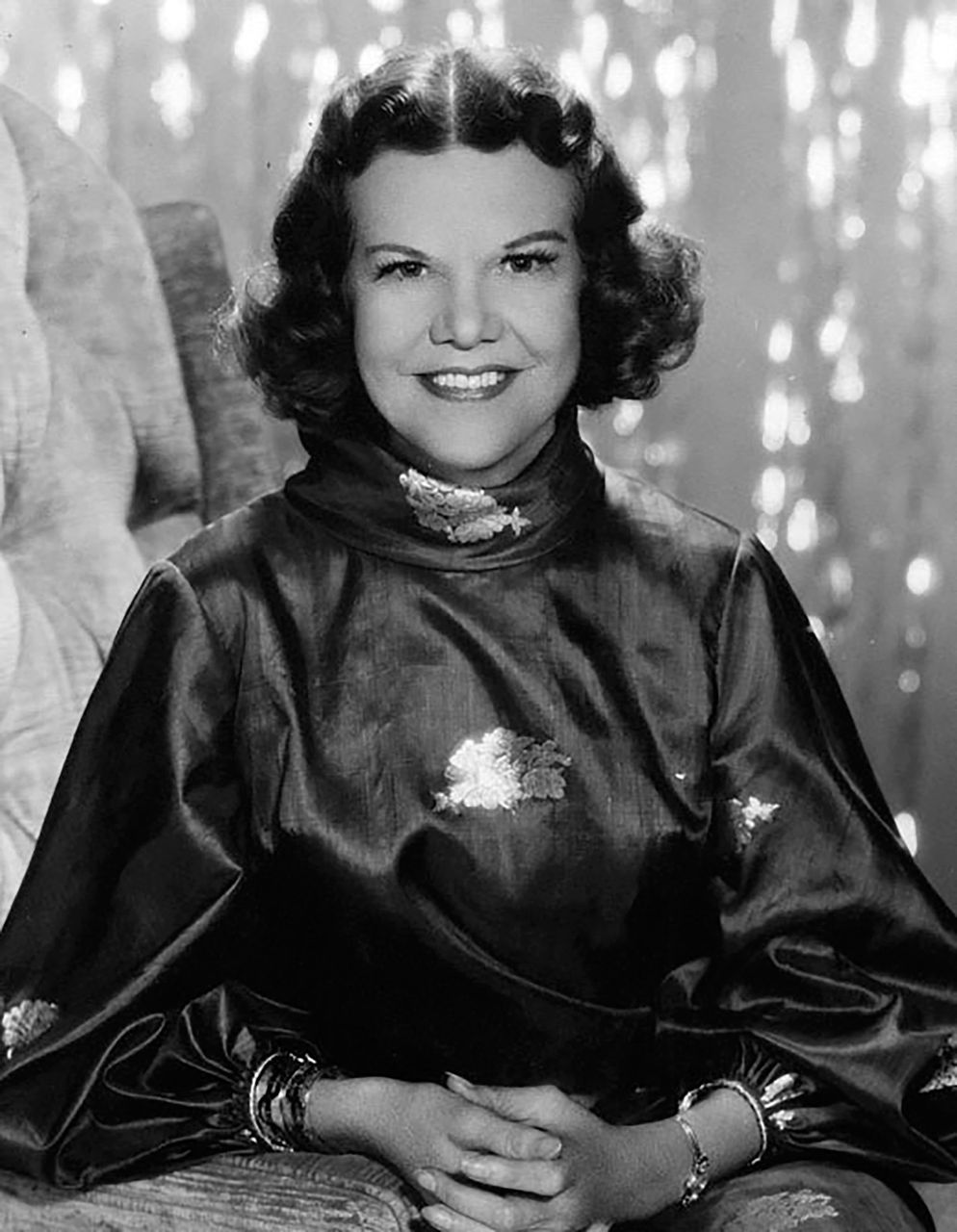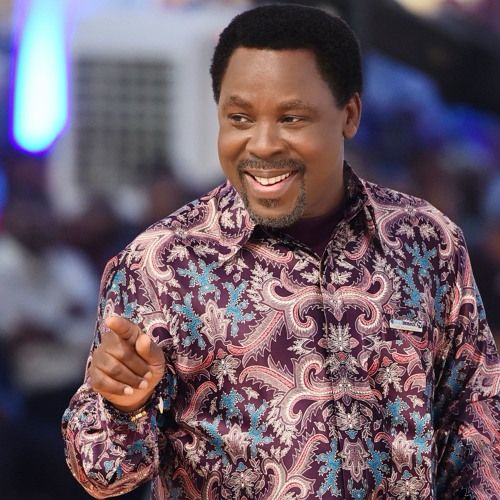In cities and towns across the Western world and increasingly in other global regions once hallowed churches now report dwindling congregations. What was once the dominant cultural force is today facing an era of profound transformation, reshaping the role of Christianity in society.
A Historical Pillar Under Pressure
For centuries, Christianity underpinned not only personal belief systems but also governance, education, and community life. Its institutions helped forge national identities and social norms. However, in recent decades, rapid changes in cultural values, scientific understanding, and economic realities have forced a re-examination of those traditional roles.
Religious historian Dr. Elaine Morrissey notes, “Modernity brought with it a wave of secular thought, fundamentally challenging the status of institutions that for so long have been taken for granted” (Interview, 2025).
The Rise of Secularism
A key factor in Christianity’s decline is the rising tide of secularism. With the influence of the Enlightenment and subsequent advancements in science and technology, modern societies have increasingly embraced rational inquiry over dogmatic beliefs. Polls in several Western nations indicate a growing percentage of citizens identify as unaffiliated with any religious tradition.
In a 2024 survey by the Pew Research Center, nearly 30 percent of respondents in the United States described themselves as “nones”—a demographic that encapsulates those who do not subscribe to organized religion. The numbers are even higher among younger generations, reflecting a trend that many experts believe will only intensify in the coming decades.
Urbanization and the Erosion of Tradition
Urban lifestyles have further contributed to the decline. As populations shift from rural to urban environments, traditional community structures have given way to more fragmented social networks. Churches, once centers of tight-knit communities, now often struggle to compete with a myriad of alternative social and cultural activities.
Sociologist Mark Daniels explains, “In urban centers, the sheer diversity of lifestyles leaves little room for the homogeneous, often inherited traditions of religious practice. People are crafting identities that are more fluid and less defined by historical ties to a particular institution.” (Daniels, University of Metro Studies)
The Impact of Scandal and Institutional Reform
Another factor undermining Christianity’s influence is the growing public disillusionment following a series of scandals. High-profile cases—ranging from financial mismanagement to personal abuses—have shattered the long-held trust that many believers once placed in their religious leaders.
While some churches have initiated internal reforms and implemented stricter accountability measures, critics argue that the damage done has irreversibly tarnished the image of organized religion. “These scandals have created a vacuum of trust,” says Reverend Linda Gates, who now leads a small but thriving community organization aimed at rebuilding ethical standards in local churches. “People want transparency and relevance, not the relics of an outdated system.”
A Generational Shift
Perhaps the most striking evidence of Christianity’s decline is the generational shift in attitudes toward faith. Younger generations, raised in a digital age of instant information and cultural pluralism, are less inclined to accept religious doctrine without question. Instead, many seek personal spirituality that aligns with contemporary values such as social justice, environmental responsibility, and global interconnectedness.
Rachel Kim, a 28-year-old marketing professional, sums it up: “I appreciate the ethical underpinnings of Christianity, but I don’t feel the need to belong to an institution that doesn’t resonate with my experience of the world. I find my spirituality in a mix of philosophies and practices.”
This trend is prompting churches to rethink their role and approach. Some are experimenting with modern worship styles and community services that address current social issues, hoping to stay relevant in a rapidly evolving landscape.
The Global Perspective
While the focus here is on the West, the story is more complex on a global scale. In countries across Africa, Latin America, and parts of Asia, Christianity is experiencing growth—often merging with indigenous traditions to create dynamic new expressions of faith. These regions offer a counterpoint to the Western narrative, highlighting that Christianity is far from a monolithic entity and that its trajectory is deeply intertwined with cultural, economic, and political contexts.
Political analyst Dr. Carlos Rivera explains, “The growth of Christianity in the Global South contrasts sharply with its retreat in the West. In many emerging economies, the church remains a crucial social support network and a force for community solidarity amid rapid modernization.” (Rivera, Global Trends Journal)
Rick Warren, author of The Purpose Driven Life and founder of Saddleback Church, has similarly stressed the need for the church to reconsider how it engages with a skeptical and diverse culture. Warren has pointed out that many traditional practices no longer speak to younger generations, who often prefer a more informal, issue-driven expression of faith. In various public statements, he has emphasized the the decline is not a signal for abandonment but rather an urgent call for reinvention, a move towards ministries that are both mission-oriented an responsive to contemporary societal challenges

Looking Ahead: Transformation, Not Extinction
The decline of Christianity in the West is not tantamount to the extinction of faith. Instead, it signifies a transformation—a move away from institutional authority toward more individualized forms of spiritual expression. Churches and religious leaders are at a crossroads, facing the challenge of innovating without alienating long-standing adherents.
Reformers within the church argue that reinvention is vital for the survival of Christian values in a secular age. They advocate for an approach that emphasizes ethical living, social outreach, and adaptability, aiming to rebuild trust and make faith relevant to modern life.
Journalist and cultural commentator Steven Harlow suggests, “The future of Christianity in the West may well depend on its ability to evolve. The core message of love, compassion, and community remains vital, but the means of conveying that message must change to meet the demands of a 21st-century society.”
Conclusion
The decline of Christianity in the West is a multifaceted phenomenon reflecting broader societal shifts—economic, cultural, and technological. As traditional forms of religious practice wane in the face of modern challenges, the spiritual landscape is becoming increasingly diversified. The fundamental question is no longer whether people believe, but rather how they choose to express that belief in a rapidly changing world.
In the coming years, Christianity may very well be redefined, not through the erosion of its core ethical values, but through an evolution in its practice—a shift toward a more inclusive, dynamic, and personally resonant form of spirituality. Whether this will lead to a renaissance or further fragmentation remains to be seen, but one thing is clear: the conversation about faith and identity in the modern age is far from over.





